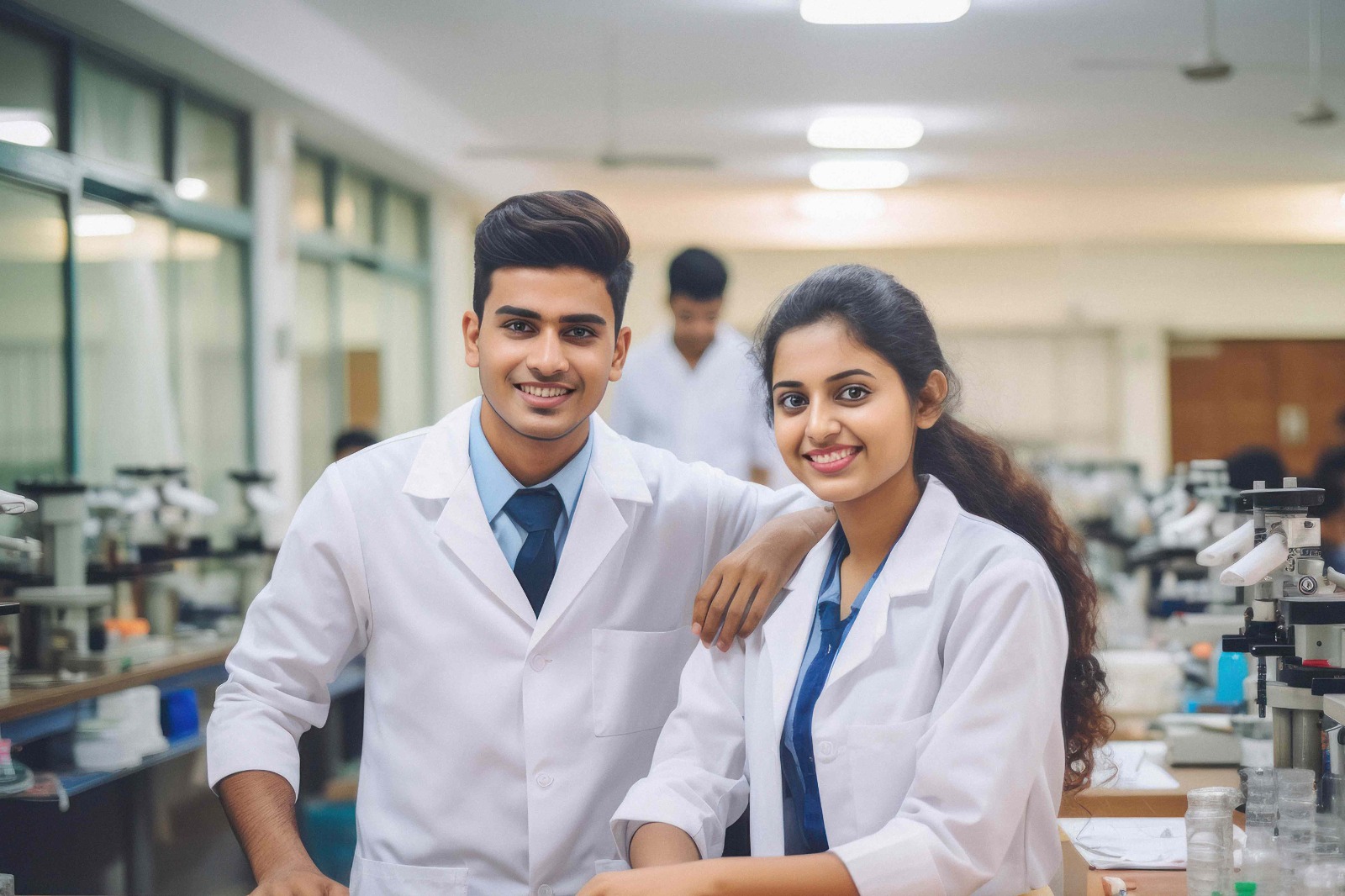For those considering a career in the medical field, a BSc in Medical Laboratory Technology in Medinipur, West Bengal, offers a pathway to a rewarding and impactful profession. In today's complex healthcare landscape, the role of medical laboratory technologists is more critical than ever. Kshudiram Bose Institute of Health Education and Research (KBIHER) recognizes this and provides comprehensive training to equip students with the skills necessary to excel in this field.
The Foundation of Modern Diagnostics
Medical laboratory technologists are the backbone of modern diagnostics. They perform a wide range of tests on tissue, blood, and other bodily fluids, providing crucial data that doctors rely on for accurate diagnoses and treatment plans. Without these precise and timely results, effective patient care would be impossible.
- Diagnostic Accuracy: The accuracy of laboratory tests directly impacts patient outcomes. Technologists are responsible for ensuring that tests are performed correctly, using sophisticated equipment and adhering to strict protocols.
- Disease Detection: Early detection of diseases like cancer, diabetes, and infectious diseases is vital. Medical laboratory technologists play a crucial role in identifying these conditions at their earliest stages.
- Treatment Monitoring: Once a patient begins treatment, laboratory tests are used to monitor their progress and adjust therapies as needed. This ongoing monitoring is essential for ensuring that treatments are effective and safe.
The Expanding Scope of Medical Laboratory Technology
The field of medical laboratory technology is constantly evolving, driven by advancements in technology and our understanding of human biology. This expansion has created new opportunities for professionals in this field.
- Advanced Technologies: Modern laboratories utilize sophisticated equipment and techniques, including automated analyzers, molecular diagnostics, and genetic testing. Technologists must be proficient in using these technologies to deliver accurate results.
- Specialized Areas: Medical laboratory technologists can specialize in various areas, such as clinical biochemistry, hematology, microbiology, and immunology. This specialization allows them to develop in-depth expertise in a specific area of laboratory science.
- Research and Development: Medical laboratory technologists also contribute to research and development, working alongside scientists to develop new diagnostic tests and treatments.
The Role of KBIHER in Shaping Future Professionals
KBIHER is committed to providing students with a comprehensive education in medical laboratory technology. The institute's curriculum is designed to meet the demands of the modern healthcare landscape, combining theoretical knowledge with practical skills.
- The BSc in Medical Laboratory Technology program at KBIHER covers all aspects of laboratory science, including clinical biochemistry, hematology, microbiology, and immunology.
- Students gain hands-on experience in well-equipped laboratories, using modern equipment. This practical training ensures that they are prepared to work in real-world settings.
- KBIHER's faculty comprises experienced professionals who are dedicated to providing students with the highest quality education.
- KBIHER facilitates internships and placements in leading hospitals and diagnostic centers, providing students with valuable industry exposure.
- KBIHER emphasizes the importance of ethical conduct and professionalism, preparing students to uphold the highest standards of patient care.
Career Prospects and Opportunities
A BSc in Medical Laboratory Technology opens doors to a wide range of career opportunities in hospitals, diagnostic laboratories, research institutions, and pharmaceutical companies.
- Hospitals and Clinics: Medical laboratory technologists are essential members of the healthcare team in hospitals and clinics, providing vital diagnostic services.
- Diagnostic Laboratories: Private and public diagnostic laboratories employ medical laboratory technologists to perform a wide range of tests.
- Research Institutions: Medical laboratory technologists can contribute to research and development in academic and industry settings.
- Pharmaceutical Companies: Pharmaceutical companies employ medical laboratory technologists to conduct clinical trials and develop new diagnostic tests.
- Educational Opportunities: With experience and further education, medical laboratory technologists can pursue careers in teaching and training.
The Growing Demand for Skilled Professionals
The demand for skilled medical laboratory technologists is expected to grow in the coming years, driven by factors such as an aging population, the increasing prevalence of chronic diseases, and advancements in medical technology.
- Aging Population: As the population ages, the demand for diagnostic services is expected to increase.
- Chronic Diseases: The rising prevalence of chronic diseases like diabetes and cancer requires ongoing monitoring and testing.
- Technological Advancements: Advancements in medical technology are creating new opportunities for medical laboratory technologists.
A BSc in Medical Laboratory Technology is a valuable qualification that prepares individuals for a rewarding and impactful career in the healthcare field. KBIHER provides students with the knowledge and skills necessary to excel in this dynamic and essential profession. By choosing a BSc in Medical Laboratory Technology from KBIHER, you are taking a step towards a future filled with opportunity and the chance to make a real difference in people's lives. Contact us for more information.
